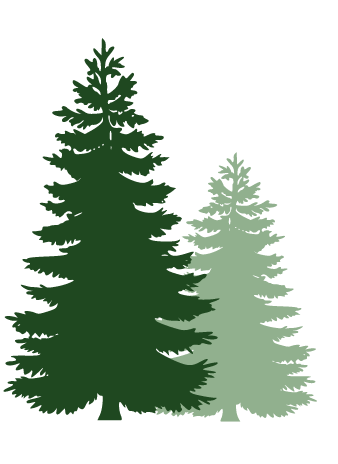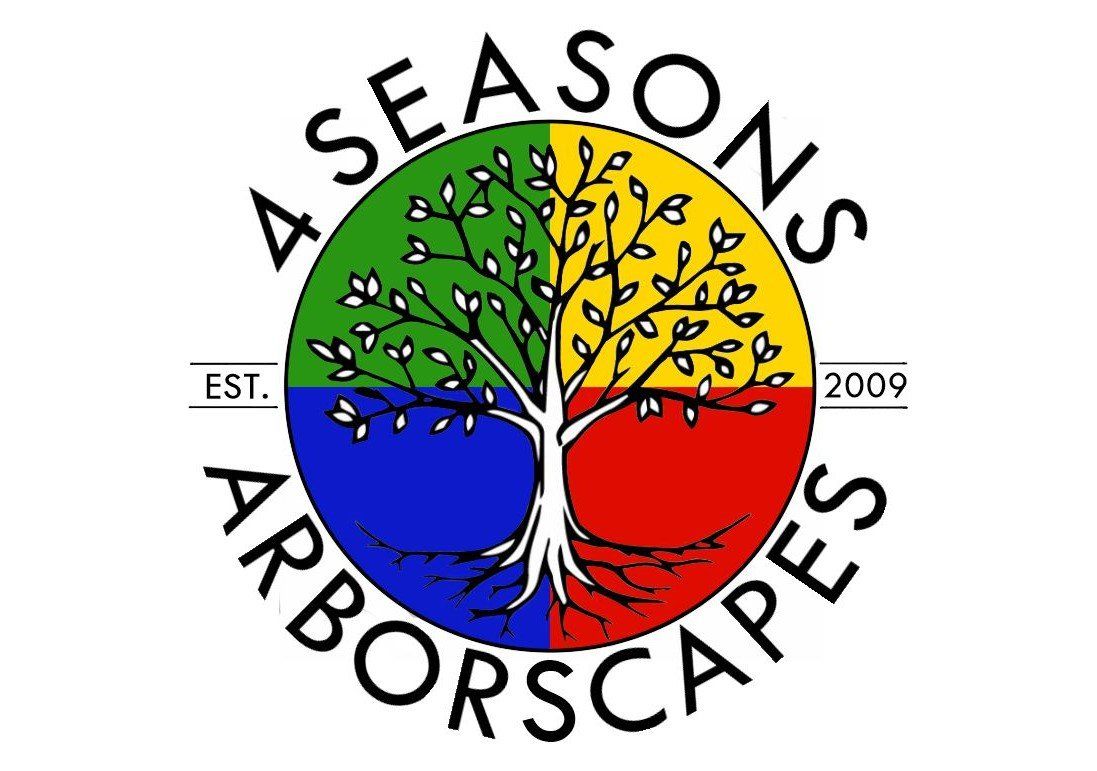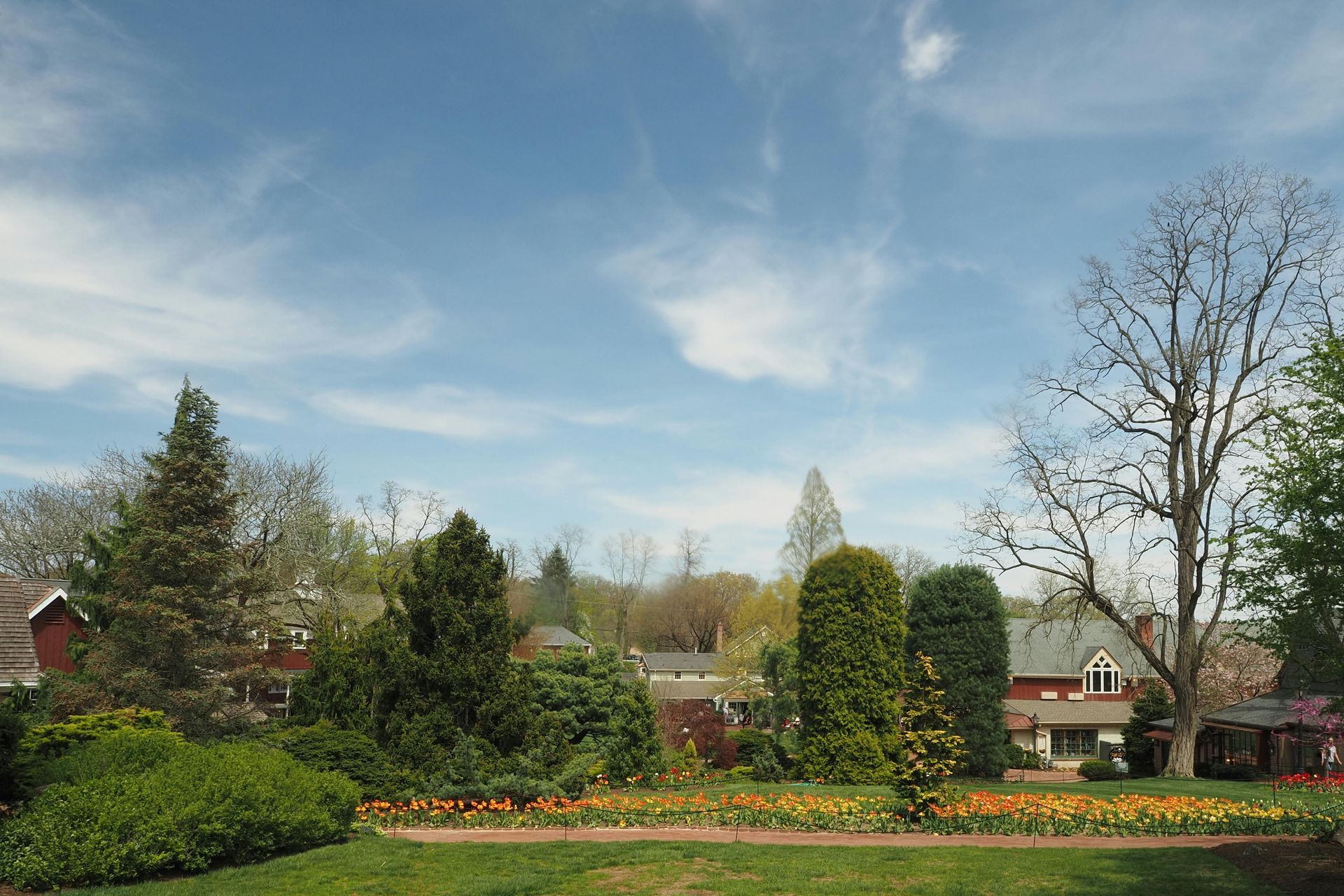Celebrating Arbor Day
What is Arbor Day?
Arbor Day is an annual observance that celebrates the importance of trees and encourages tree planting and care. The holiday will fall on April 26th, 2024 in the United States.
How was Arbor Day started?
Arbor Day was first proposed in 1872 by J. Sterling Morton, a journalist and nature lover in Nebraska, United States. Morton advocated for the planting of trees to beautify the landscape and provide windbreaks, shade, and timber. On April 10, 1872, the first Arbor Day was celebrated in Nebraska, where an estimated one million trees were planted. This holiday quickly gained popularity, spreading to other states and eventually becoming a nationally and globally recognized observance.
Where else is Arbor Day celebrated?
Arbor Day is celebrated in countries around the world, making it a global movement for tree planting and conservation. While the date of Arbor Day varies from country to country based on climate and growing seasons, the underlying message remains the same: trees are essential for the health of our planet and future generations. By participating in Arbor Day activities, individuals can make a difference on a local and global scale.
Why is Arbor Day and celebrating trees important?
- Promotes Environmental Awareness: Trees provide numerous benefits, including oxygen production, air purification, carbon sequestration, soil erosion prevention, and habitat for wildlife. By highlighting these benefits, Arbor Day fosters a greater understanding of the importance of trees in sustaining life on Earth.
- Encourages Tree Planting: Tree planting initiatives help to increase tree canopy cover, beautify landscapes, enhance biodiversity, and mitigate the effects of climate change. Arbor Day provides an opportunity for people to get involved in tree planting projects and contribute to greener, healthier communities.
- Educates the Public: Through workshops, seminars, educational materials, and community events, Arbor Day educates the public about tree species selection, planting techniques, pruning methods, and the importance of tree maintenance. This knowledge empowers individuals to become stewards of their local environment and advocate for tree conservation.
- Fosters Community Engagement: Arbor Day brings communities together to work towards a common goal of tree planting and environmental stewardship. It provides an opportunity for people of all ages and backgrounds to participate in hands-on activities that have a positive impact on their surroundings. Arbor Day events promote community engagement, collaboration, and civic pride as individuals come together to improve their local environment.
What can I do for Arbor Day?
- Plant a Tree: One of the most direct ways to celebrate Arbor Day is by planting a tree in your yard, a local park, or a community garden. Choose a native species that is well-suited to your climate and soil conditions.
- Volunteer for Tree Planting Events: Participate in tree planting events organized by local conservation groups, environmental organizations, government agencies, or tree companies like 4 Seasons Arborscapes. These events often occur around Arbor Day but may take place throughout the year.
- Learn About Trees: Take the time to educate yourself and others about the importance of trees and their role in the environment. Read books, attend workshops, or watch documentaries about tree species, conservation efforts, and forestry practices.
- Support Tree Conservation Organizations: Donate to or volunteer for organizations that work to protect and preserve forests, such as the Arbor Day Foundation, the Nature Conservancy, or local tree planting initiatives.
- Care for Existing Trees: Take care of the trees in your neighborhood by watering, mulching, and pruning them as needed. Report any signs of disease or damage to local authorities to ensure prompt attention and care.
- Reduce, Reuse, Recycle: Support sustainable practices that help conserve trees and forests by reducing paper consumption, recycling paper and cardboard products, and choosing sustainably sourced wood products.
- Advocate for Tree Preservation: Get involved in local environmental advocacy efforts and speak up for the protection of trees and green spaces in your community. Attend town hall meetings, write letters to elected officials, and support tree-friendly policies and regulations.
- Create Wildlife Habitat: Plant trees and shrubs that provide food, shelter, and nesting sites for birds, butterflies, and other wildlife species. Consider creating a backyard wildlife habitat or participating in community habitat restoration projects.
- Celebrate Trees Year-Round: Incorporate tree-related activities into your daily life, such as taking nature walks, sketching or photographing trees, and participating in tree-themed events and festivals.
- Teach Others: Share your knowledge and passion for trees with family, friends, and community members. Encourage others to join you in tree planting and conservation efforts, spreading awareness about the importance of trees for the planet and future generations.
Conclusion
Arbor Day is an important holiday because it promotes environmental awareness, encourages tree planting, educates the public, celebrates trees, fosters community engagement, and has a positive impact on the health of our planet. By recognizing the significance of Arbor Day and taking action to support tree planting and care, we can all do something to contribute to a greener, more sustainable future for the next generation.
Check out the latest...








